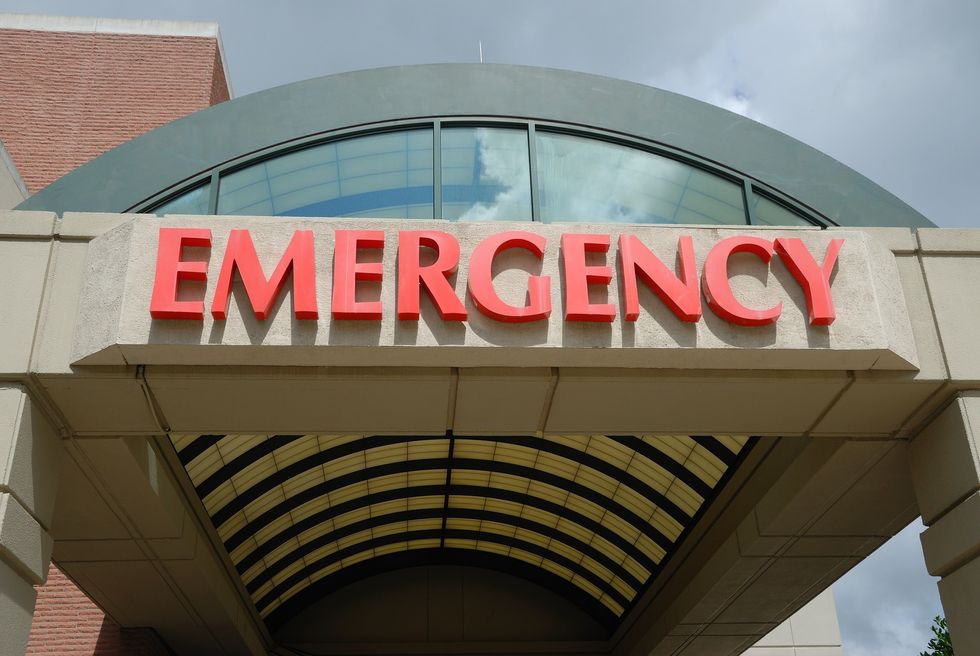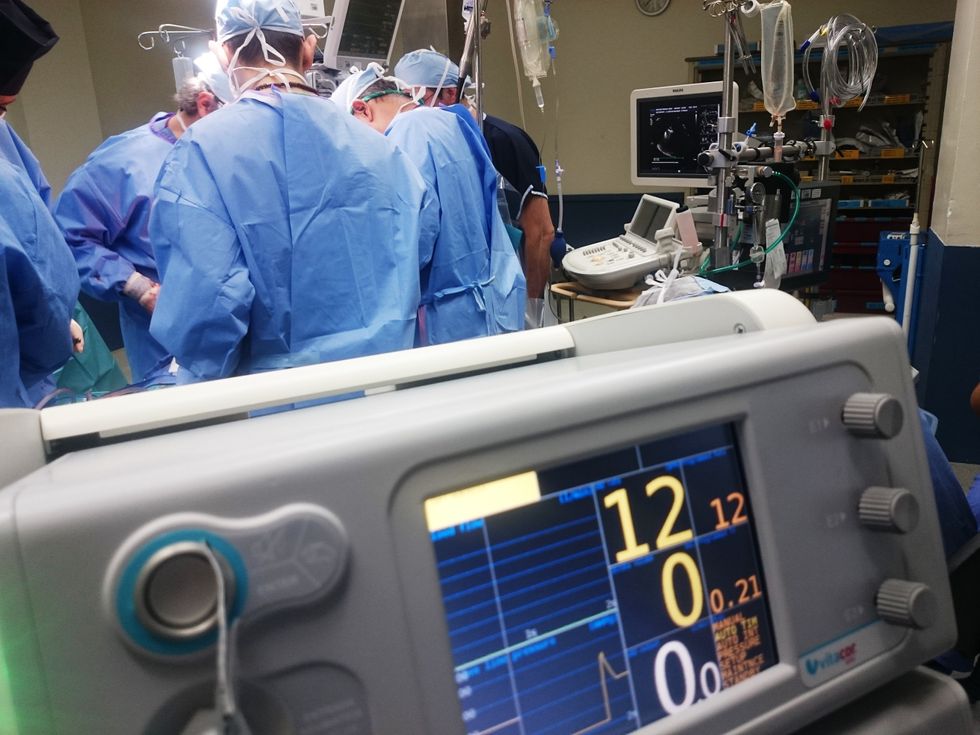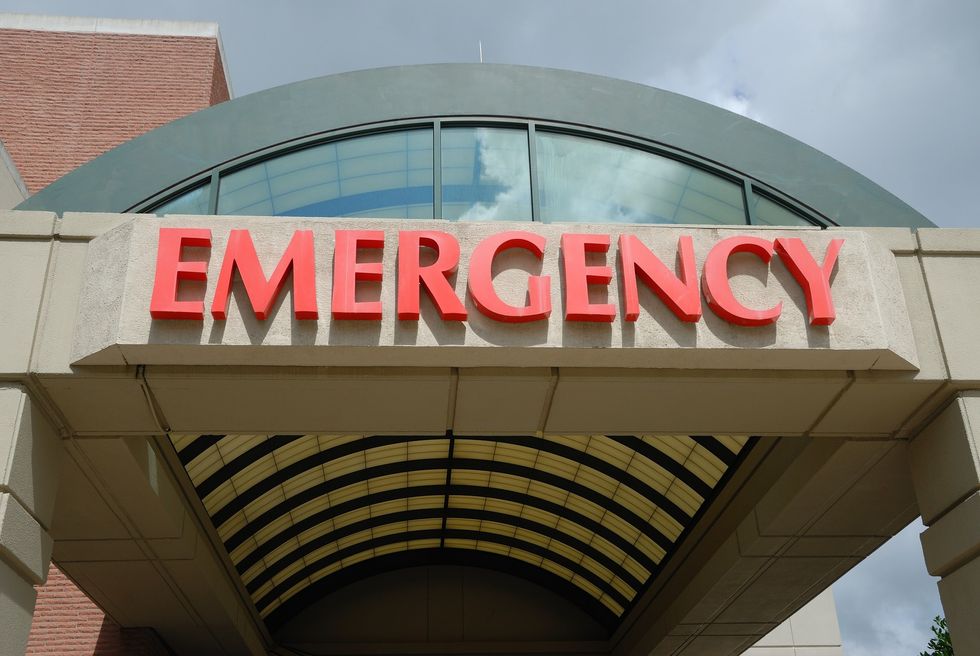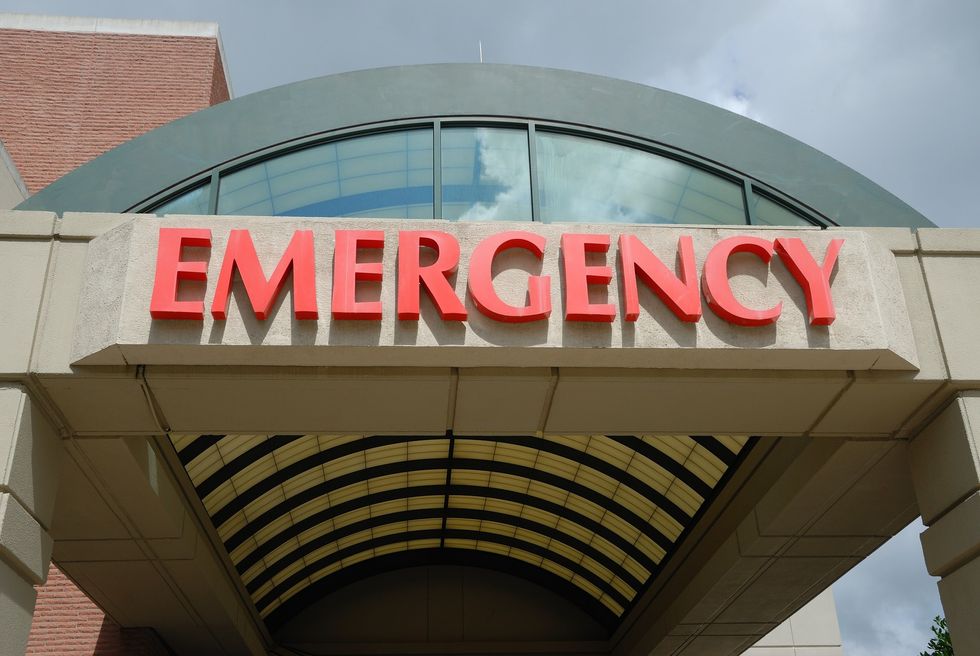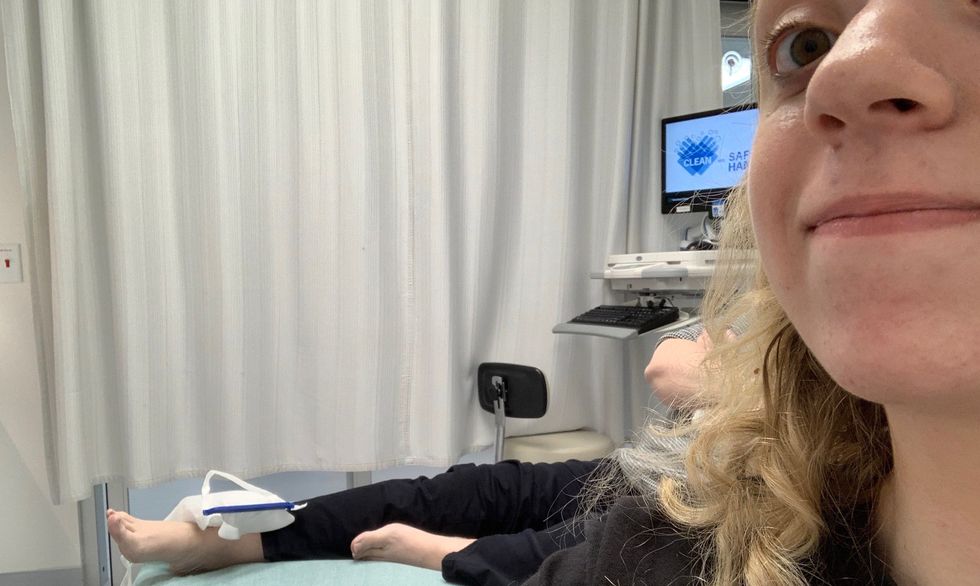I Spoke To A California ER Doctor About COVID-19, And Y'all, Our Healthcare Workers Know What's Up
In light of what's going on in the world, it's time to get some front-line perspective.
It seems like the only thing I do these days is scroll through social media in a desperate attempt to gain information. My phone has called me out on my screen time more than once, and I just continue to ignore it. You're probably in the same boat — stuck at home, scrolling deeper and deeper into a hole of conspiracy theories and possible "back to normalcy" dates, hungry for information.
While we know that the news is not our mental health's friend these days, getting reliable information is helpful and necessary.
While the rest of us are home on our phones, healthcare workers are on the coronavirus (COVID-19) front line every single day. They see what we read snippets of, quickly gaining the perspective that we couldn't fathom. That's why we're going to the root of the information — these healthcare workers who put their own safety at risk every single day.
Today, I sat down (virtually) with an ER doctor in Orange County, California.
How long have you been a doctor?
I have been a physician now for seven years, the first three years consisting of my emergency medicine residency.
What department do you work in?
I am an emergency medicine physician.
What is your hospital's procedure in regard to COVID-19 patient care?
At my place of work, we have organized a cohort area (specific set of rooms) for potential COVID-19 patients. This is to prevent staff and other patients without COVID symptoms from being exposed to this area. Every patient and staff member is masked upon entering hospital property. We take great care in donning appropriate PPE for any patient that we suspect may have the virus. We are fortunate enough to have rapid testing capabilities to expedite test results within one to two hours.
What is the protocol if you (or another healthcare worker) were to show signs of infection?
All healthcare workers at my facility have COVID-19 testing available to them, should we show signs of infection.
Do you have enough PPE?
We have always been very fortunate in the PPE department and are more than prepared to care for a large volume of patients. I have continued to feel safe and supported throughout this pandemic.
What is the biggest change your day-to-day has faced because of COVID-19?
The biggest change in my day-to-day patient care routines is the constant donning and doffing of PPE to ensure safety. If a patient is sick and needs attention immediately, there is no more running into the room — until I put on all of my protective equipment that is. This can delay patient care in cases where we have to assume the patient has COVID-19 but may be presented with a problem that is unrelated. In addition, my conversations with patients are vastly different. They can't see my facial expressions and I cannot touch them ungloved. There is a lack of connection in patient care these days, and we have to be more creative with communication.
If you were to describe your hospital's atmosphere in one word, what would it be?
Prepared.
How do you feel about the national news coverage of COVID-19?
I try not to over-consume the news or judge those reporting the news. I keep my opinions on social media and in my professional life free of politics and controversy. I am a physician and I know firsthand how serious this virus is, but I also know what fear can do to us as a society. I always recommend avoiding judgment of those who are making such big decisions in a time where we are all confused. I like to use the news in moderation as a way to stay informed.
What is one thing you wish you could tell the country about COVID-19?
We can use this pandemic as a chance to reset. I would love to see us work towards accepting each other with more kindness. I think that we as a nation can come out much stronger if we continue to act with each others' well beings in the forefront, act with grace, and always remember what we went through together.
How is your personal life impacted by COVID-19?
My husband is a deputy chief for a local fire department so both of our lives have been busier than ever. We have spent less time together throughout this viral outbreak. It has affected our personal lives at home due to feeling like our jobs are never done. We have had to find ways to decompress without leaving our home in our free time. Most importantly, we have found ways to disconnect mentally from this pandemic so that we can continue to keep our marriage strong, and that has not been an easy task.
Are there any stories of hope that you can share with us?
We have had many cases of COVID-19 recoveries, even in patients as old as 90 years old. The virus has affected millions and caused so many deaths, but there are recovery stories and seeing that makes it worth the fight. Patients leave the hospital with cheers, applause, and smiles.
What advice can you give us for staying as healthy as possible?
Hand hygiene is so important! I find that some of the articles and news out there complicates what is most important, and that's practicing cleanliness in our everyday lives. Follow the recommendations from the CDC and keep yourself informed.
What can citizens in your area do to help healthcare workers fight COVID-19?
Continue to practice social distancing, help your neighbors should they need groceries or supplies, and BE KIND. Reducing judgment, anger, and fear will help us all get through this.
If you are a healthcare professional interested in sharing your story, please email lily.moe@theodysseyonline.com.
Shop our gift guide to treat the healthcare worker in your life!
As an Amazon Affiliate partner, Odyssey may earn a portion of qualifying sales.



